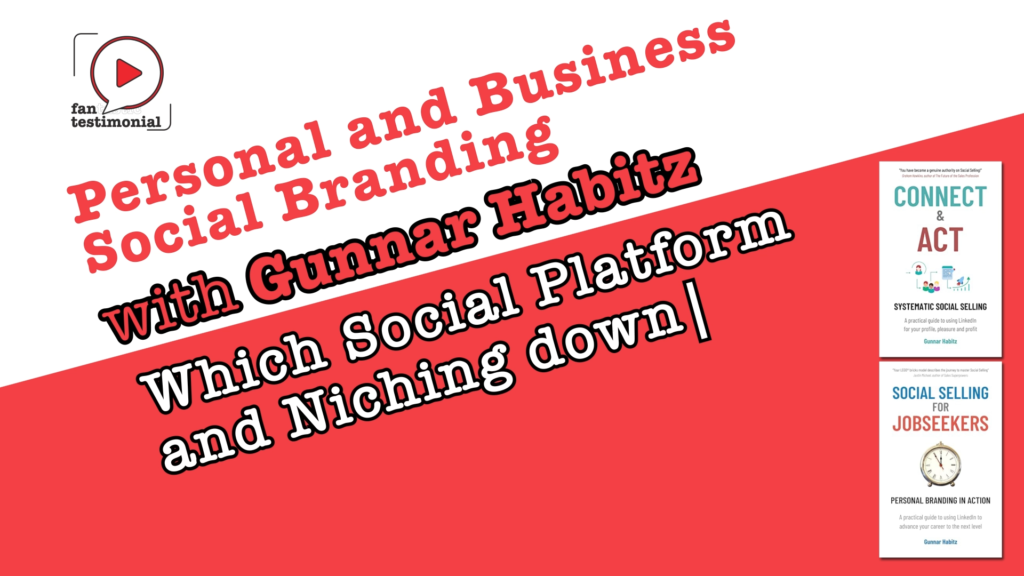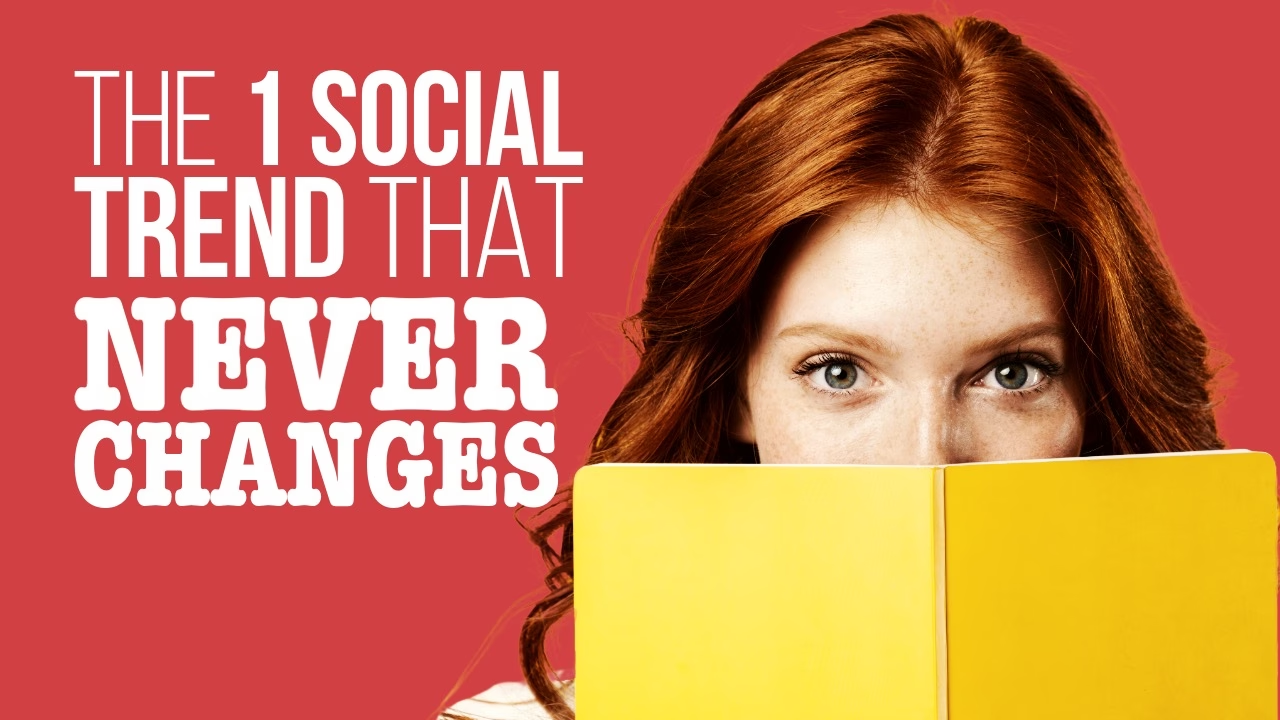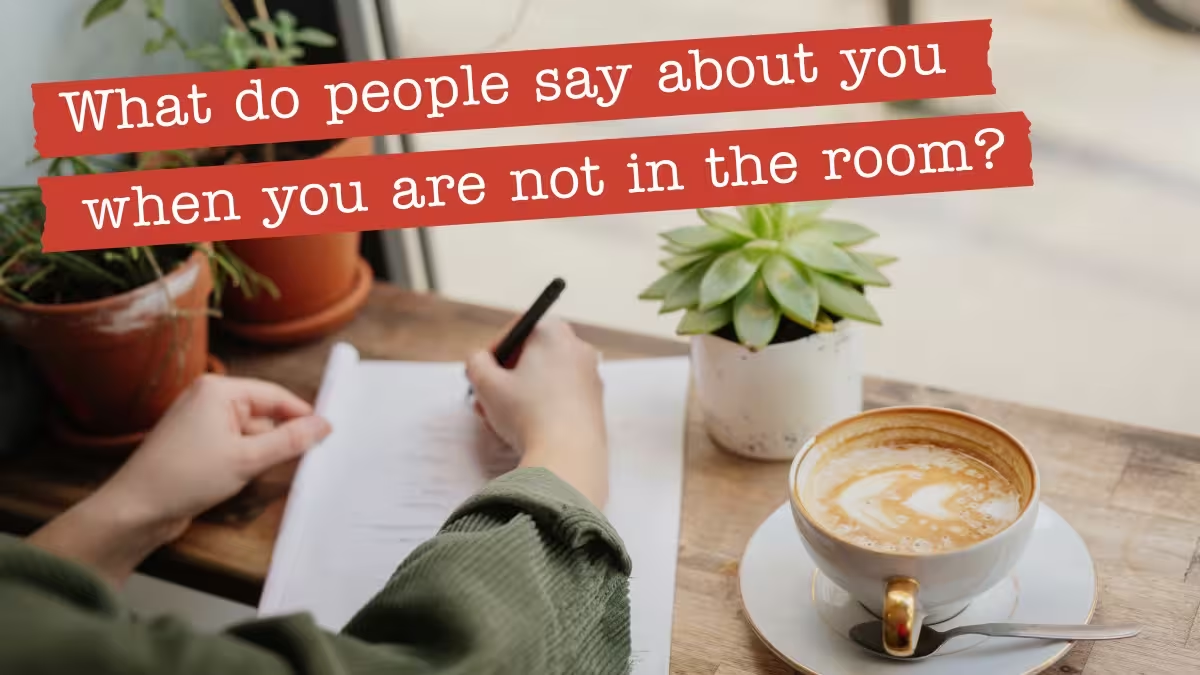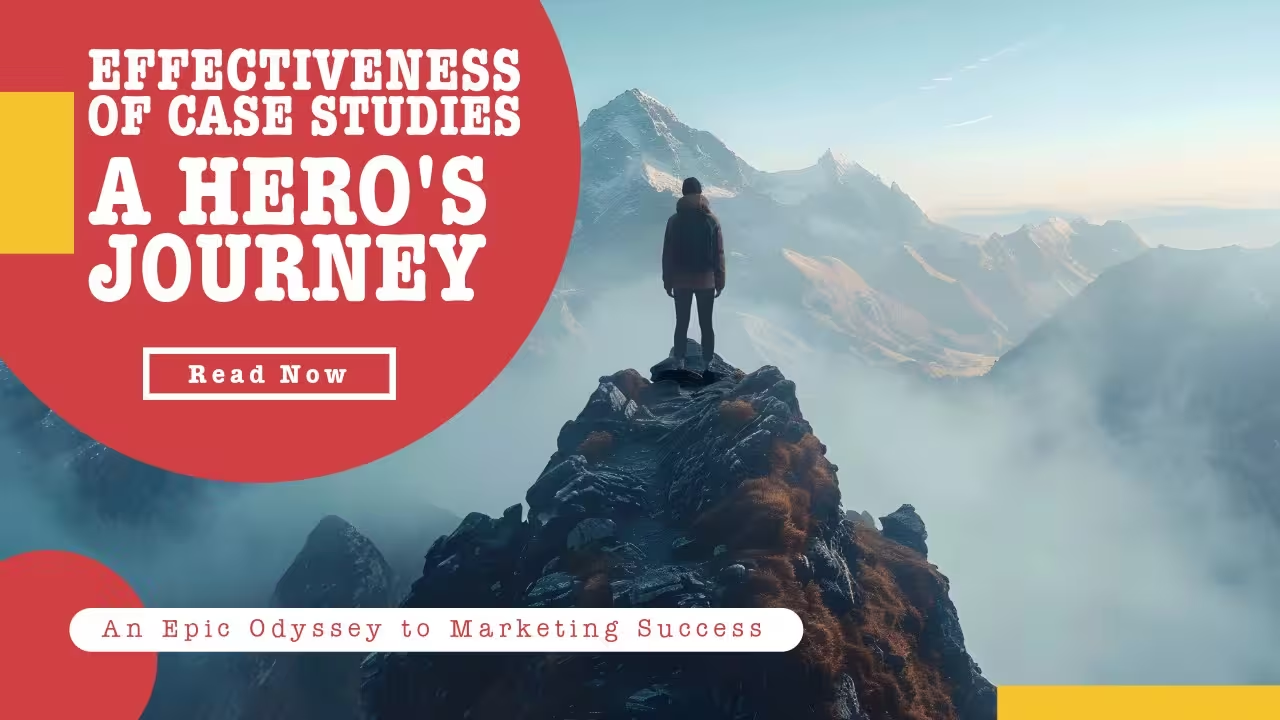Is there the best social media platform for your business? Well, Yes.
But the answer is not as simple as a drumroll and reveal. So in this part of our conversation, Gunnar Habitz talks about how to select a platform, and whether you should or should not niche. Here’s the transcript of this first part of our conversation…
Francis: When you talk about social branding, are you… I mean, you talked about LinkedIn earlier, but is there a bit more to it besides LinkedIn? Are we talking about all the social platforms or are we just focused on LinkedIn, or is that really the best place to sell your social brand?
Gunnar: It really depends on the person and what target audience they have. So I know of one gentleman who went from corporate into being his own boss, who is now building a kind of a massive following when it comes to travel for dance. He does it on Facebook because his audience is not only more active, but they are more following this type of desire. Therefore, he addresses them there and he would not hit the same when it would be on LinkedIn.
Social setting, as a term, came more from the corporate world and has been therefore placed more into LinkedIn. But in general, that can be any type of social media and typically more than just one. So you have the more personal ones like Facebook, Instagram, Threads, and TikTok, and then you have the professional ones, which is LinkedIn. In some other countries and continents, you have other ones like Xing in Germany. You have also Twitter, as a short form today called X, and you can even take, of course, YouTube as your social media platform in addition to this.
But if you position it completely differently, and not to forget, there are places like Reddit and Quora to be known for an expert on something. And from a blogging platform, you have Medium, Substack, Beehive—there are plenty of places and you need to figure out what is the best. You cannot be everywhere. You cannot be known for everything, and even the same person might follow you in more than one channel, but with a different mood, different mindset, different timing.
In ideal cases, it works without problem, it works without conflict because you talk differently per platform, but in a way that you can move it around so that it is not contradicting.
Francis: It is interesting. So I guess you’re saying that first, you need to figure out who your audience is. And of course, you need to figure out who you are as well. Or as a business, what the business stands for, right? And who are you trying to sell to and then make sure you get your brand noticed in that platform. Is that correct?
Gunnar: Yes. You should not necessarily start only by the platforms. How can you place your stuff there, but need to figure out who hangs out where? And then it’s always a Google question. Do you need to niche down or not?
So there are some who say you really need to do this so that the right level of people are attracted by the content. On the other side, there are larger areas which are already proven. So if you say, “I’m interested in photography for, let’s say, single dads,” which doesn’t affect me, but just came into my mind, then you would hit maybe a broader audience than if you put it in a certain geography or something like this.
But if you talk about broad photography in general, then you do not really hit a target audience. You need to find the right balance between niche and wide, so that you can attract enough people that there’s a market who is waiting for you. But of course, you also need to know that there is something that you have that other people find interesting.
And that is often the biggest issue from the beginning, because we take for granted what we know, but we believe everyone else knows it as well. To then recognize it’s not the case. When I show something with my IT skills about how to operate similar to easy things like Canva, PowerPoint, and so on—Google Slides.
There are many small businesses around. Ask me how you do this and for me, that maybe for 20 years in there, but for them, no, they would even pay for learning the shortcut to how to make that happen. So therefore, it’s a good way to think about what is what you can offer to others, where is a place, how they would hang out, and then to combine that together ideally so that you can find a large enough audience interested in these topics, who then also are ready to convert.
Convert can mean that they pay something—digital products, courses, whatever. But convert can also mean being invited for speaking possibilities, which you can use in another place.




